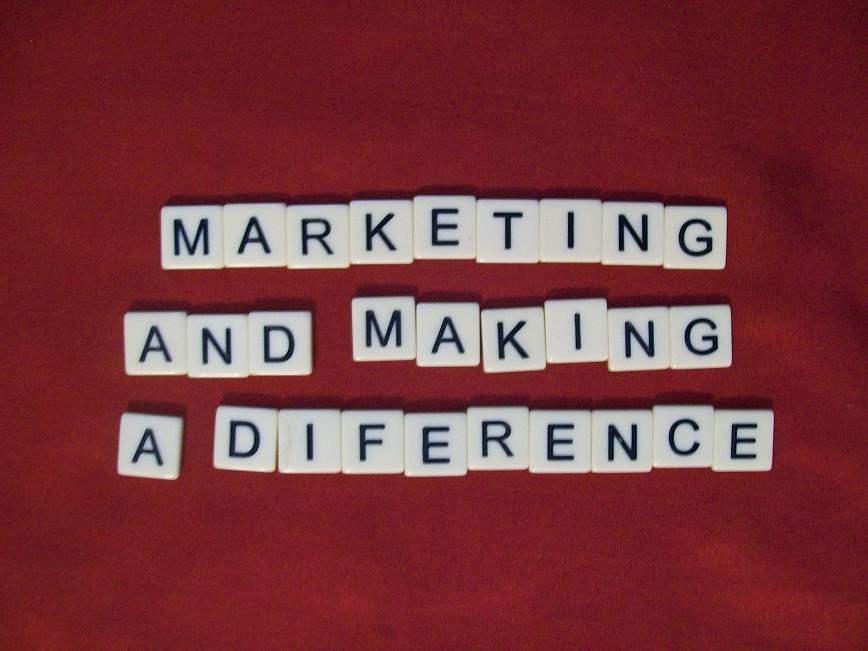A discussion in one of the groups I’m a member of on LinkedIn brought an interesting tool to my attention. It’s the Advanced Marketing Institute’s Headline Analyzer. This tool will take a look at the emotional value of the words in your headline and give you a score.
From the site:
This score indicates that your headline has a total of ***% Emotional Marketing Value (EMV) Words. To put that in perspective, the English language contains approximately 20% EMV words.
And for comparison, most professional copywriters’ headlines will have 30%-40% EMV Words in their headlines, while the most gifted copywriters will have 50%-75% EMV words in headlines.
A perfect score would be 100%, but that is rare unless your headline is less than five words.”
Let me post my response to the group on this topic:
——
There’s another pretty cool tool, the Carlin Ad-Speak Calculator, which will tell you if your headlines sound to “salesy” or “hypey.”
Maybe the two could be used in combination
It probably goes without saying, but I’d like to note that it’s impossible for a computer to “know” the emotional power of any given headline. Human psychology can’t be broken down into logorithms.
No one really knows how words will hit home. Headlines will affect different groups of people differently. Current events, whether national or personal, will also determine the impact words will have on an individual. For example, the “foreclosure” is a pretty compelling word for many of us.
To add some perspective, I tried the AMI Headline Analyzer, just to see what happens.
It appears to simply add the “emotional value” of the individual words in the headline.
Example: Having an idea of a couple highly emotive words, my first attempt was “Free Money Now.” Guess it was too short, because that didn’t get a result.
So I tried “Get Free Money Now.” Guess what? 50% EMV. Not bad, eh? My personal analysis would be that there may be some power in that headline, but a lot of skepticism would accompany it. Who could believe it?
Next, I added the most powerful word in any language. “You Get Free Money Now.” The score: 60% regardless of where in the sentence the word “you” is placed. “Get You Free Money” got the same rating.
Finally, for whatever reason, I removed “get” from the headline. “Free You Money Now” scores at a full 75%!
(Incidently, each of those headlines scored low [less than 2%] on the Carlin Ad-Speak Calculator that I promoted myself.)
On the other hand, “Stop Your Foreclosure Now” only produced a 25% emotional value?
Those are the scores you want. But the limited ability of tools such as these is demonstrated.
Your best bet is to bring your writing prowess to the table, coupled with an intimate knowledge of exactly who you are speaking to.
What do you guys think?
—-
I mentioned the Carlin Ad-Speak Calculator on in an earlier post, which you can see here.


